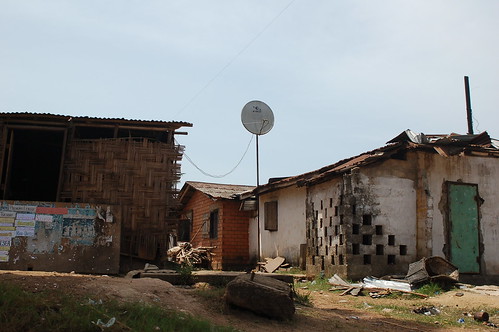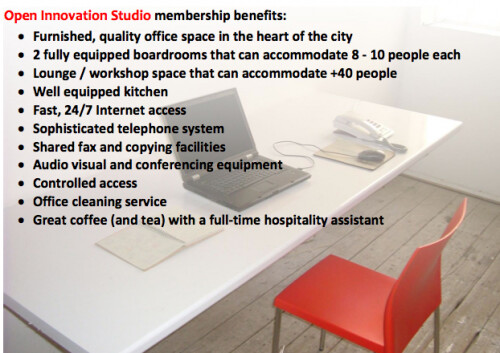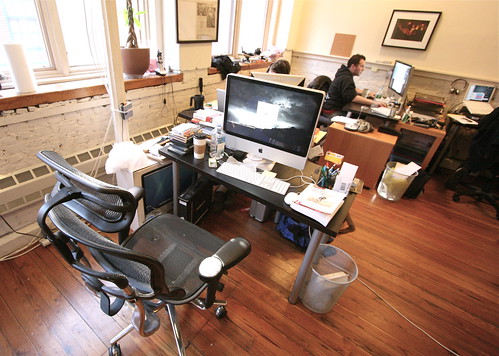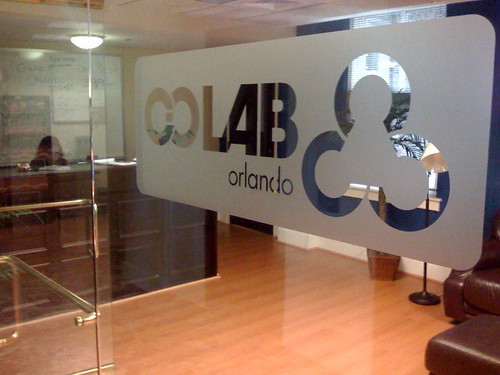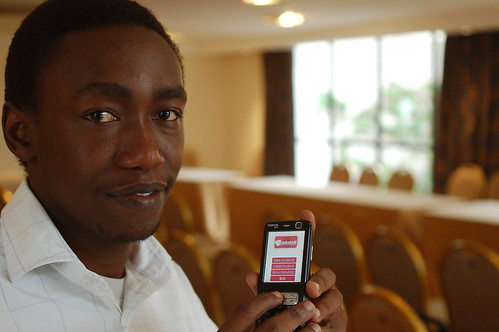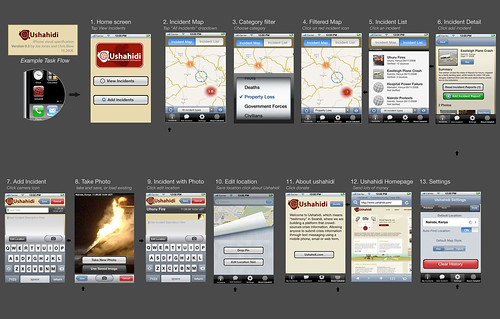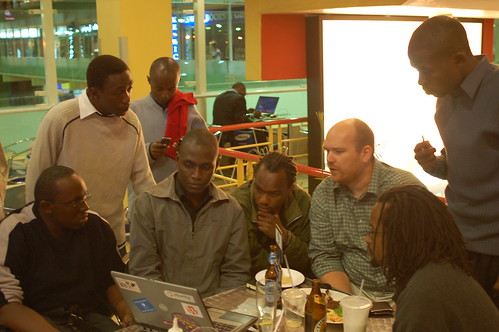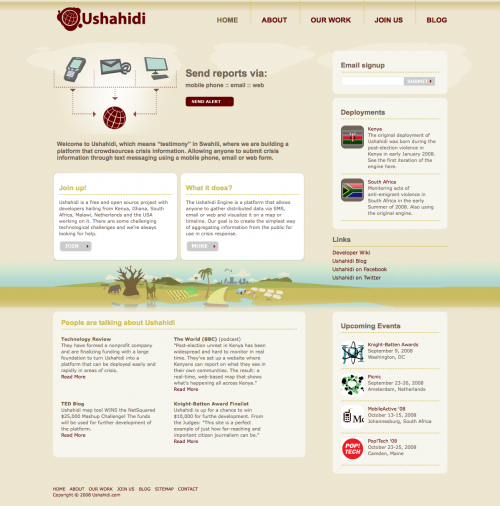Today was my first full day on the ground in Liberia, which I spent talking to a number of people about the mobile, internet and radio infrastructure – and, more importantly, the realities of their usage on the ground in the country. I try to not only talk to high-level executives and business officials, but also the implementers (people who really do the work), and laymen who just use the technology, but have no major tech background themselves.
Two of the guys I talked to run the IT department for a medium-sized NGO. One of these two, Joshua, is an engineering student at a local polytechnic, and we had a good discussion on why I’ve been having such a hard time finding young hackers and programmers in Monrovia. They came back with an interesting response on how the barriers in their country make it quite difficult to even get started.
A (very) brief background
Liberia came out of a civil war only a few short years ago. The infrastructure was torn apart (there is no electricity grid, rich people run generators), the university and education system are still trying to catch up, and no computer science degree is available. The mobile phone companies, due to not needing as much foundational infrastructure, have built out quickly and cover much of the main roads and major towns (I’ll have to do a whole post on this subject later). All internet connections come through VSAT connections, and they’re not reliable or cheap.
Barriers
Barrier: You can’t get online to get to all the free knowledge. Unlike many other parts of Africa, there are very few internet cafes here. Joshua explained that young people find it very hard to get out to them to get free knowledge online.
Barrier: The few jobs that there are in the ICT sector are generally with NGOs, a few businesses and government organizations. Only those with good connections get in, so a lot of smart young people miss. Why is this important? Only those in these jobs are able to get the training and certification to do higher paying jobs because they have to be flown out to the training centers – none are in-country.
Caveat
I’m on my first day here and will meet more people, so I still have more discovery to do on this topic. Though I do find it interesting that today, of the 5 tech people I met, not one was a Liberian grown and trained in Liberia. I think it’s fair to say that Liberia presents challenges that are steep to overcome, even by African standards.
